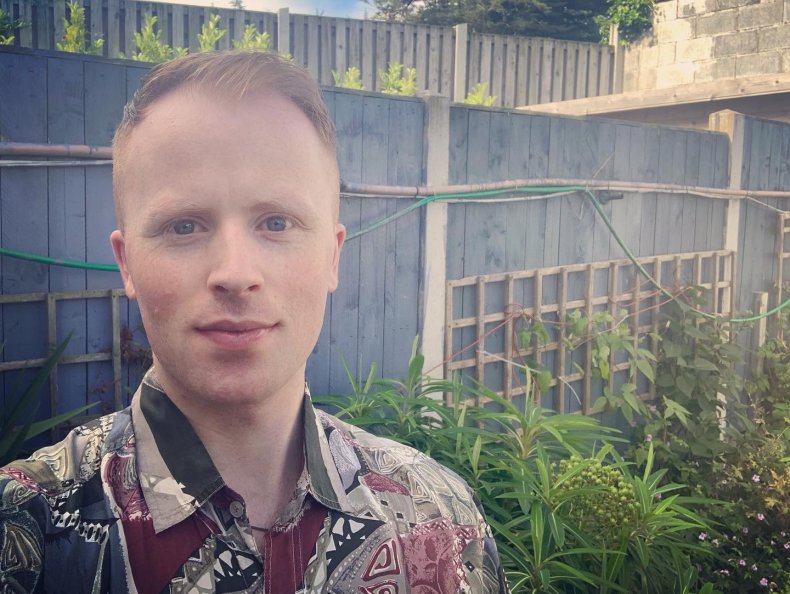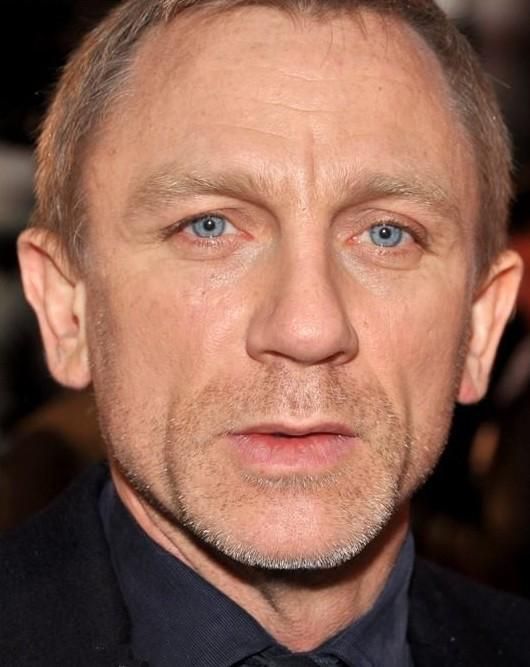There is a moment of my life that I know I will never, ever forget. It was 2016, during one of those scorching hot summer afternoons in London. I’d just been to get a haircut. Headphones in, sunglasses on and walking through east London with a fresh skin fade—it’s fair to say I was feeling myself.
Just as I made my way down a little side street, a complete stranger rolled down their car window and shouted: “I’ve got a son but he’s not a f***** like you.”
There wasn’t time for me to react. The older guy driving the car had sped off in a matter of seconds. But I shouldn’t have been surprised. Homophobes are cowards. This one didn’t even give me time to respond. But in that moment, I was completely alone, emotions racing through my body: Anger, confusion, embarrassment and humiliation. I, like many other people who identify as queer, am used to these feelings. That day, I received no support from passers-by, even though they’d quite clearly heard what had just happened.
Three years earlier, on my way home from a night out, I was with another guy on a London night bus. When we shared a kiss, two young women started screaming at us and broke a glass bottle, which they proceeded to threaten us with. In that instance, other passengers did intervene. The driver stopped the bus and the police were called. But the fact that I was drunk likely minimised my grasp of how serious the situation was. Essentially, I brushed it off as just “another day being gay.” I never even told my friends about it.
I wish I could say that my experiences are isolated, but homophobic attacks in U.K. rose 147 percent in three months after the U.K. voted to leave the European Union in 2016 and have nearly trebled between 2014-15 and 2019-20 according to data compiled by the BBC. In 2020, the U.S. hit a new record for transgender killings, and 2021 became the worst year for anti-LGBTQ measures signed into law.
Whether you’re a trans, non-binary or gender non-conforming person seeing your existence up for debate, or a young queer kid in Poland living in a so-called “LGBT-Free Zone“, acts of hatred have become commonplace for many of us.
There have been times when I have snapped. One evening more recently, walking home from a party with my ex, an older man on the other side of the street started making obscene kissing gestures when he saw that we were a couple. Let’s just say my reaction resembled an elevated version of Meryl Streep’s screaming scene as Mary Louise Wright in Big Little Lies.
We often hear of “fight or flight”, the automatic physiological reaction to an event that is perceived as stressful or frightening. In this instance, I fought. I took out my phone to get some photographic evidence of the bigot who was mocking my very existence.
But that was very different to the position I was in that night in east London in 2016. Fight or flight didn’t seem to factor into that situation. I was alone and I had zero time to retaliate.
Perhaps that’s why I saw that recent incident as my chance to take ownership of my pride in being part of the queer community. If someone threatened to glass one of my friends, used obscene gestures to ridicule them for their sexuality, or shouted at them from a car window, I would strongly defend them.
I have wondered why I was willing to accept the same behavior when it has happened to me in the past.
I often think about the case of serial killer Stephen Port, Dubbed the “Grindr killer”; Port drugged, raped and killed four men in the U.K. and was eventually convicted in 2016. Investigating police were said to have initially failed to link the deaths to Port and in a subsequent investigation, “systemic failings” in the police were reported. But none of the 17 officers involved in the case were charged with misconduct. That was a case where all four murdered men were gay. So, I have to question what hope queer people can have when they report any anti-LGBTQ attacks they experience.
My reasons for never speaking about any of my experiences of hate crime with friends or family are simple—I felt ashamed. It’s a cruel irony as my attackers are the ones who should be mortified. But my existence as a queer person has meant that I have carried gay shame my whole life, which has prevented me from articulating my feelings.

Rory Boyle
In 2020, I joined a gay men’s therapy group, which has changed my life. I joined because I realized that while I had begun to acknowledge the trauma I’d been through, I had no idea how to recover from it.
It was in this same group that I spoke about my experience on the bus for the first time and named it for what it was: a hate crime. It’s also where I’ve learned to unpack everything I carry from growing up in a world where I’ve often been labelled as inferior, simply because of my sexuality.
It has also helped me reflect on my public humiliation on that day in 2016.
With no one to turn to in the immediate aftermath, I simply did what I knew would make me feel better in the moment: I listened to the Spice Girls. Of course, I understand that this might not be everyone’s go-to response. But now that I have the tools in place from therapy to process this trauma, I’ve also made my peace with the fact that there is often no perfect way to react.
In an ideal world, I’d like to see the perpetrators of this discrimination get what they deserve: a criminal conviction. But I can’t control that. What I can control is keeping my head held high and remembering that these events don’t define me. It is my positive outlook that defines how I live my life.
And, when I need some extra positivity, I still do what I did in that moment: I play Spice Up Your Life on repeat.
Rory Boyle is podcast host, radio presenter and production assistant at Broccoli Productions. He shared his anthem in the 2021 season of Anthems Pride. He currently hosts and produces the podcasts Queer Ear and Lights, Camera, Melodrama! You can follow him on Instagram @mrroryboyle and Twitter @mrroryboyle.
All views expressed in this article are the author’s own.








